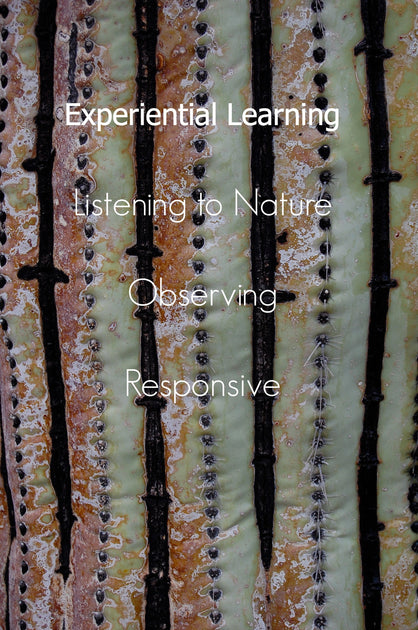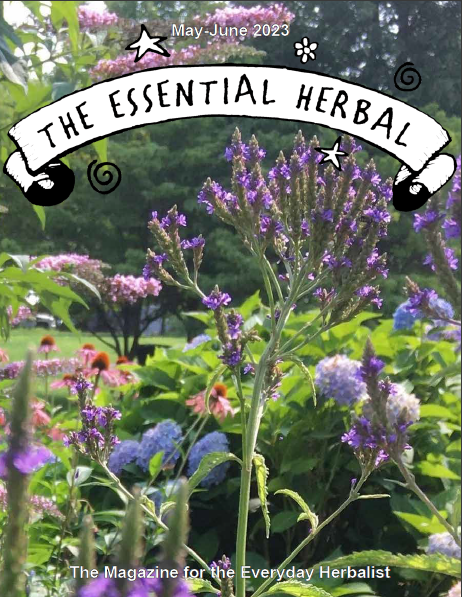I have been a student all of my life. I have loved learning from a very young age just as most, if not all, humans are inclined to. I was curious about all of life I could see or imagine. Each day was a new opportunity to take more of it in. I enjoyed challenges and thrived off of the chances to explore new ideas, meet new words, or see the world around me in a new way. I could feel the power of knowledge – as I experienced it. Even when the experience was simply feeling something new in my body and having the opportunity to relate it, express it, share it, I was engaged in the process. I thrived in this. Upon further reflection, I feel there is a key element at play – the recognition of the participant in truly experiential learning.
Once I entered school at the age of 5 something changed significantly, and the enthusiasm I felt for learning gradually dissipated until by the age of 14 there was hardly any sign of it left. Once considered a “gifted” student I was often chastised for not employing myself sufficiently, not putting in the effort. I was consistently shown how I was wrong for how I went about it, but I had always been extremely enthusiastic about learning until I got into their “program.” I was confused and dejected. I became withdrawn and applied myself with less and less vigor. Why was this happening (I may have asked myself)?
There was no recognition of the participant, only an expectation to perform. Perhaps there was nothing to be done in a system pitting 25-30 students to 1 overworked teacher. Perhaps they were following an old, inherited dogma, unconscious to its effects.
John sharing with youth
I have been engaged as a facilitator of knowledge-growing and experiential learning in a variety of ways for over 14 years or more. Each time I have endeavored to share some knowledge or experience it has caused me to look even closer at what I “know.” I question the value of what I have to share, and I seek to impart something unique or of exceptional value so that it may reflect that within the participant. Additionally, I seek to awaken something within each individual so as to touch their soul – not merely spark their intellectual curiosity.
Having “knowledge” dictated to me never felt like learning. Listening to stories, playing games, sharing my experience in a creative way, even simply having something to touch . . . all felt to me like I was growing and learning – like I was engaged with life. Being judged for how I could regurgitate knowledge was often rewarding but viewed from a distance I recognize how I was seeking approval for something which did not come from within me. The effort to do well came from within, certainly, but the expression of my self was missing. There was always something missing.
Since I became involved in the world of herbalism in North America a little over a decade ago I have seen a tremendous growth in resources for the herbal aspirant (books, online information, herbalist training programs, distance learning, etc.). It has often left me breathless to witness such growth. My inclinations before I even became aware of any “herbal community” was to find a way to fit it all together, make sense of it all within a cosmology of sorts. I now feel that ‘fitting it all together’ is about as easy as maintaining a hold on a handful of sand. Yet within the flow of a particular context I can feel the connections are quite pertinent, and I can feel the resonance between the object of study and the study-er. This sort of experience has informed how I relate to my students, currently, and how I seek to facilitate the accumulation of knowledge (or the knowledge of self in the Whole). Ultimately, we use Nature and the living world of plants as our classroom. My first year of facilitating an apprenticeship program we ventured out into the desert each week to discover what our “lessons” for the day would be. Without fail I was informed by my surroundings as to what I would emphasize in my discussions for that day. Although I was often “lecturing” during these outings I felt my words and ideas secondary to what we were witnessing, what the students were smelling, seeing, touching, feeling within themselves, and my words served (at best) to guide them through the process.
As I reflect on what has inspired me, what has sparked my curiosity, what has enabled me to continually come back to the path of learning and growing within the art of herbalism I see myself in Nature, listening. I have learned that within the Circle of Life all things are connected. Our own thoughts and actions are not independent from all other Life. Our own Life is informed by all other lifeforms and vice versa. I trust in this knowledge when leading groups into the wilderness to learn from plants. I am a facilitator, the plants and our environment including all life forms are the true teachers. As our experience is in a state of flux we cannot necessarily depend upon what has happened, nor can we anticipate what will happen. Enrapt with the moment we are entwined with Life.
I believe it is high time to make the conscious transition from an approach of rote memorization of factual data to one of direct experience and heart-felt expression – even if it’s at the cost of knowing what a PA really is, or how to spell Zygophyllaceae correctly, or whether it’s a corm or a root. This is coming from someone who desired this measured exactness from his students just 5 years ago. A great deal of the ego I witness in the world of herbalism is set on self-recognition which inherently misses the proverbial forest for the trees. If we can begin to recognize ourselves as a living, breathing part of this forest from which we extract our knowledge through exchange and interactions then I feel we will once again re-connect with the Circle of Life.


